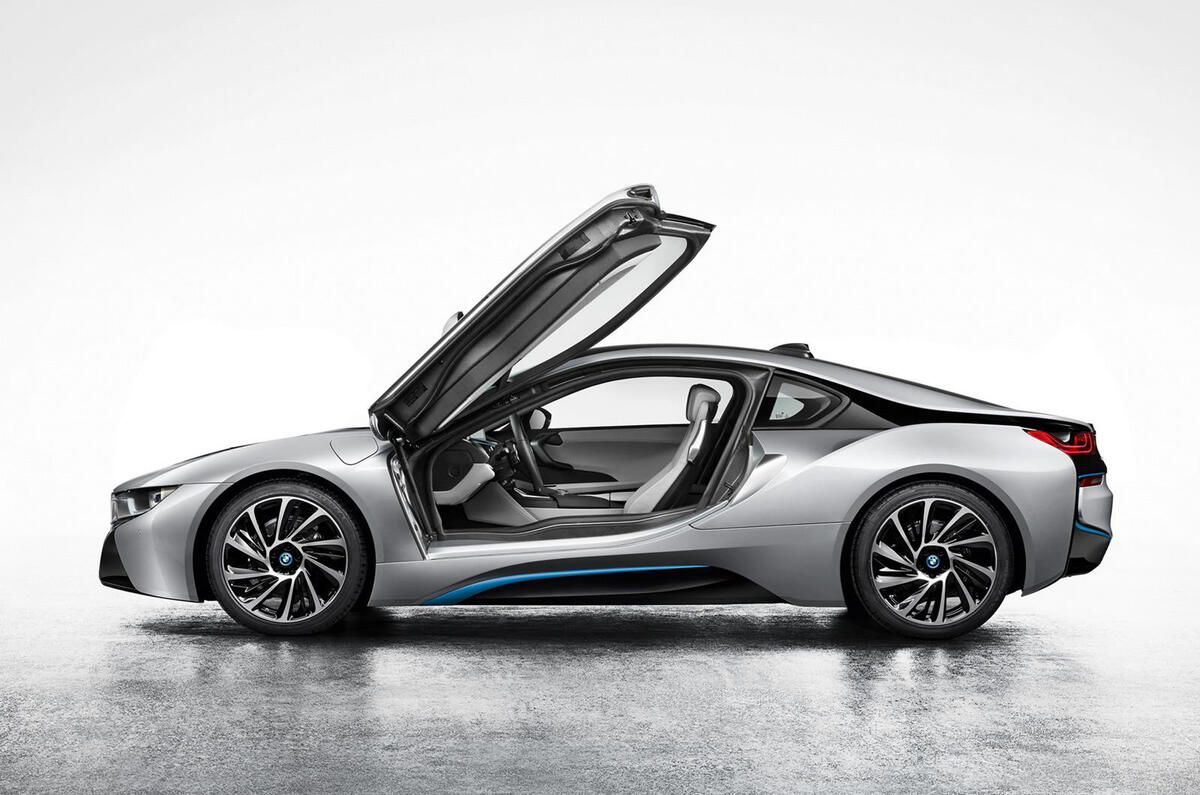I have had a decent amount of experience with electrically driven cars, spending 12 months in a Nissan Leaf and 12 months in a Chevrolet Volt.
Aside from the zero exhaust pipe pollution, which (as I’m sure you’re feed up of me saying, can be achieved with much cheaper gas-powered cars) my feeling was that the great advantage of being powered by electric motor was smoothness, refinement and in-gear performance.
With the benefits of exceptional drivetrain refinement, to me, logic would have suggested that the Volt (with its ability to run on petrol power for longer journeys) would have been better conceived a larger, luxury car, both playing to its inherent strengths and justifying the inevitably higher price of a car with a big battery pack.
Some time ago I suggested on Autocar’s pages that a luxury car, based on stretched Volt platform, with a higher quality interior, would play to the strengths of the range-extender drivetrain and the £35,000 price tag.
Vauxhall/Opel, to their great credit, have jumped into this conceptual slot with Monza. Even better, the Volt’s heavy and expensive battery packs have been replaced with gas tanks. The CO2 released per kilometer by gas power can be with a few percentage points of the same for electric cars charged from the European mains network.
Indeed, VW’s gas-powered Up city car emits 79g/km of CO2, compared to 75g/km for a battery-powered car charged from the EU mains. And with Germany set to close down its Nuclear power stations, that gap can surely only close.
Equally it’s also great to see a manufacturer finally unveil a production car that takes advantage of electric drive in the context of performance and handling.
BMW's i8, like future all-wheel-drive cars to come, is finally leveraging the electric motor’s extraordinary torque delivery, and the speed of its reactions. And by using the motor to help with acceleration, the primary combustion motor can be considerably downsized without denting the sub-supercar performance.
The upshot is that I’m still not convinced that the best and most cost-effective use of electric motors and battery packs is in small cars, used mainly for town driving. I suspect that Autocar’s first drive in the production i8 will confirm my suspicions.
The car industry needs to make greater use of electric motors, and exploit the benefits of the huge leap in refinement, low-down torque, rapid torque switching between the wheels and their key use in future lightweight all-wheel-drive systems.
If you want to potter around town in a low-pollution manner, I recommend the £12,000 gas-powered Volkswagen Up.




Join the debate
Add your comment
FINALLY SOMEBODY GETS IT
I never understood Nissan and Chevrolet's strategy. This is an expensive and premium technology they try to cram into a mass market vehicle which makes them overpriced and therefore compromised to achieve its full potential. Being electric is a huge advantage if you engineer it from the ground up as a premium vehicle. Superior torque, acceleration, safety and packaging. The first iphone was expensive as was the first DVD player - the tech gets cheaper and its projected that Batteries will halve in cost and increase in energy density by around 50% over the next 10 years - if charge times shorten by similar orders of magnitude then its good night internal combustion engine in 10-20 years (they slowly become the desktops of the new tablet world of the auto industry). If you are not in this space now, you are missing the boat.
I speak to car company management regularly as part of my job and they write off electric cars saying that they represent a tiny fraction of the market. I remember the RIM, Nokia and Motorola CEOs saying the same thing about the iphone - Blockbuster saying that about Netflix etc This is the biggest shift in the auto industry since the Model T as the technology is reaching an inflection point where it becomes competitive already at premium price points.
Tesla is a fine example to all. All the incumbents in the industry were too concerned about cannibalizing their existing models, and after sales service network. Electric cars require very little maintenance. Tesla makes a desireable luxury car which is superior in every way to a car priced at the same price based on performance, safety and refinement. It was logical they went after this market first. This is not a FAD its fundamentally superior technology.